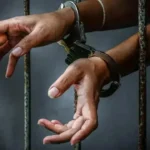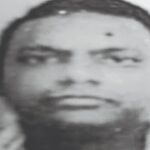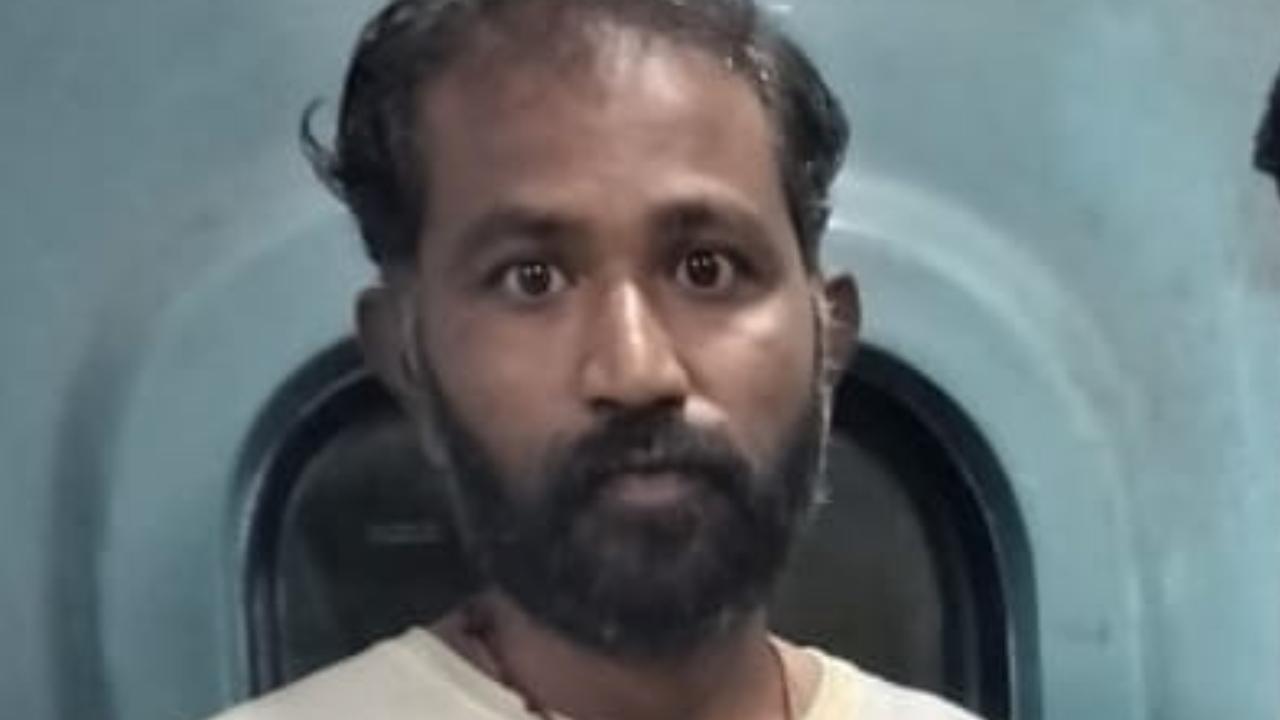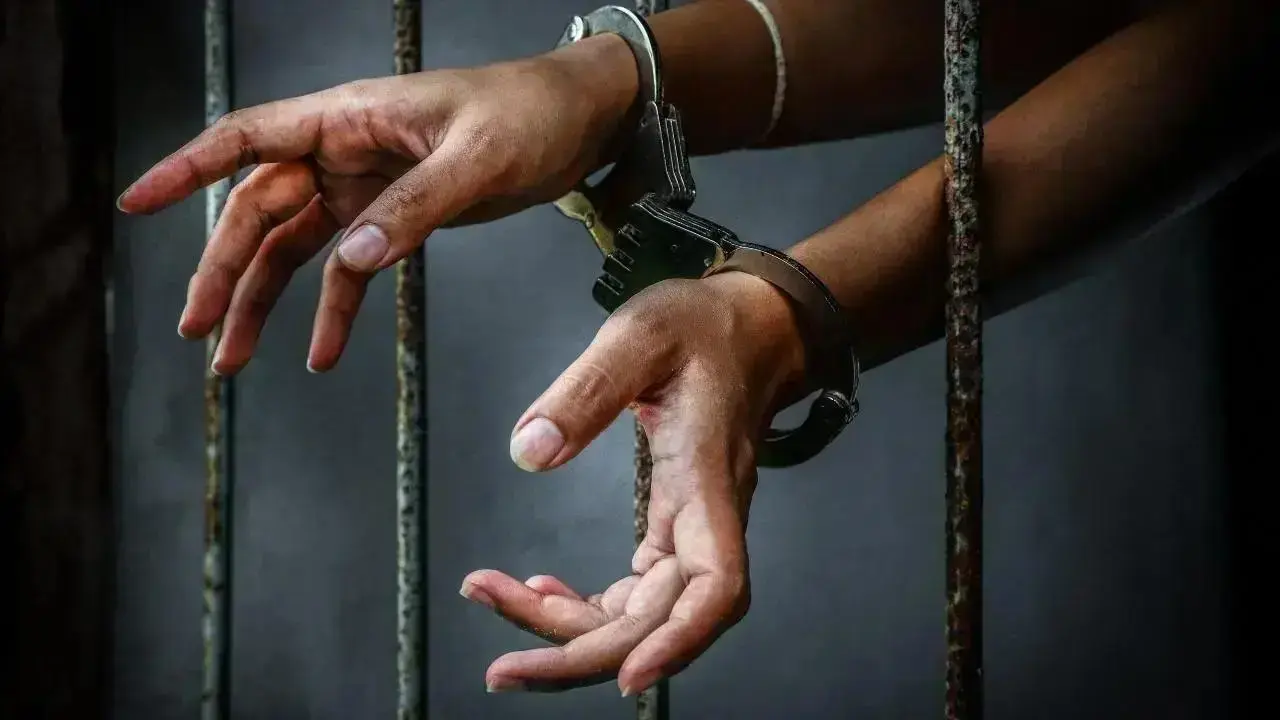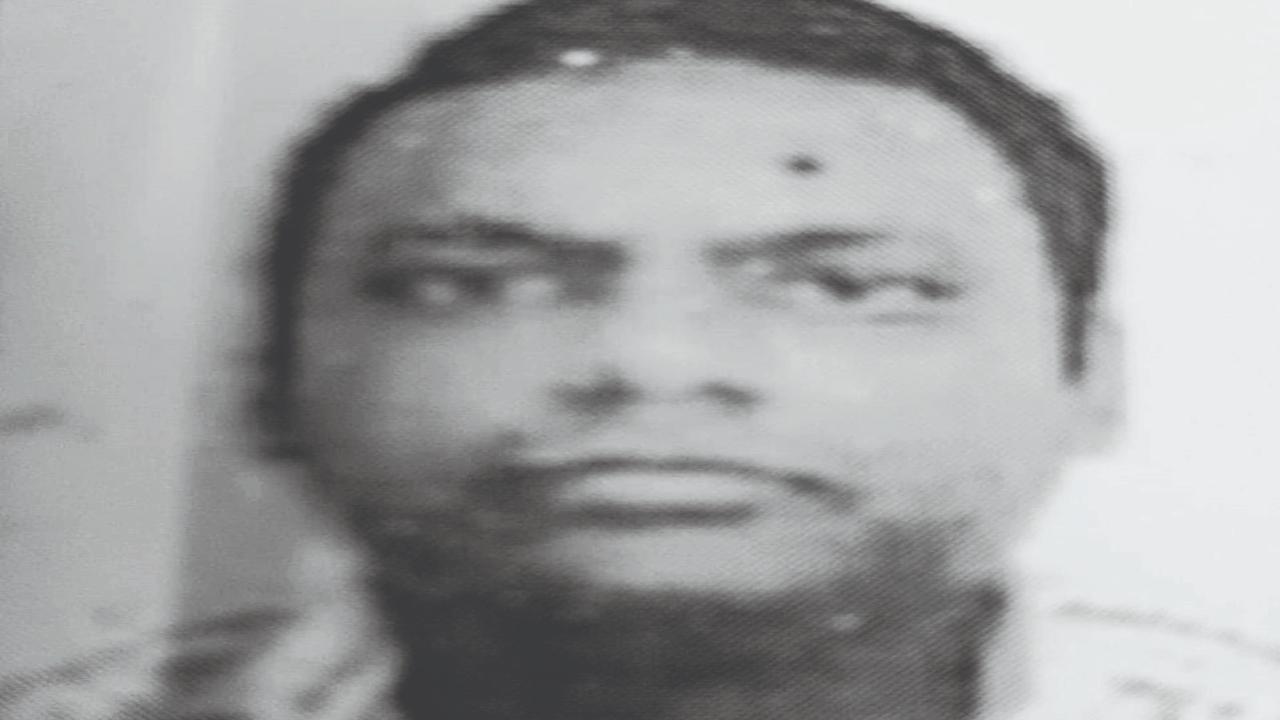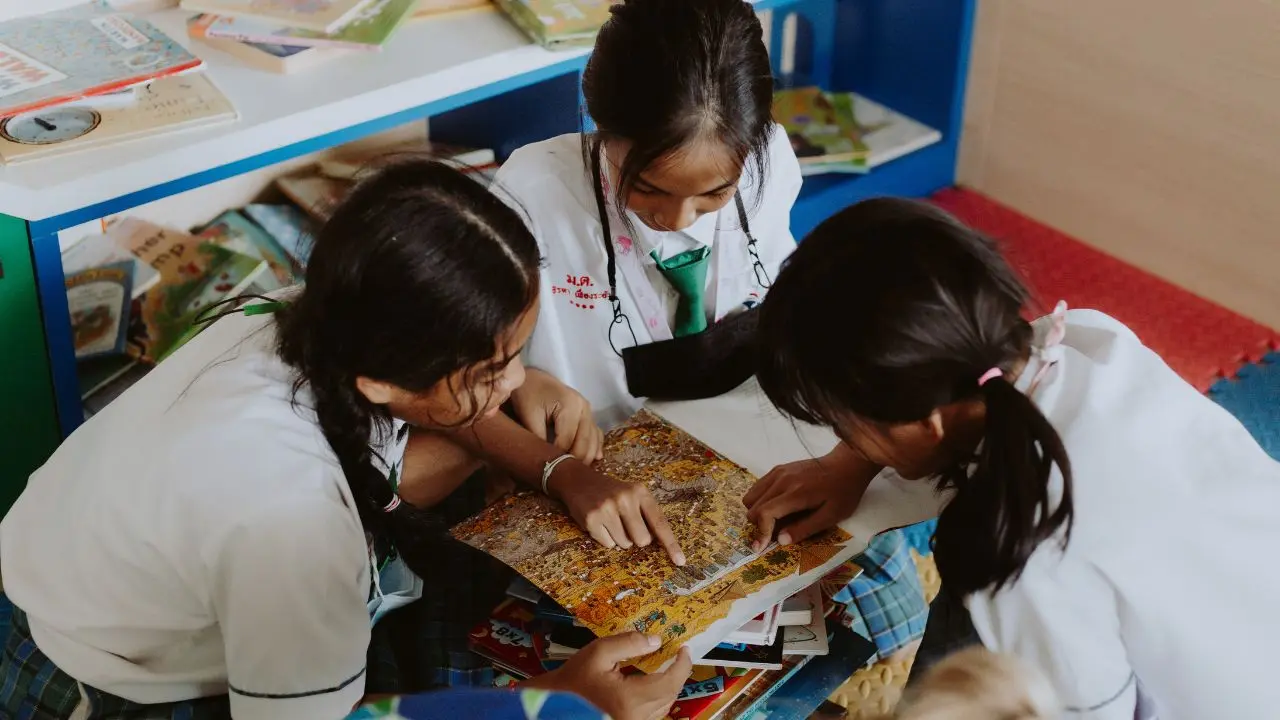Every Thursday and Saturday, Santosh Kulkarni, 61, quietly takes his place near Tilak Road and outside the Gajanan Maharaj temple on Bhagat Singh Road in Dombivli. Locals recognise him. Some offer water. A few stop to listen. Most walk by, unaware that this soft-spoken man in dark glasses is a survivor of the 1984 Bhopal gas tragedy, one of the deadliest industrial disasters in history.
Originally from Pune, Kulkarni was just 20 when he was sent to Bhopal on a short-term electrician’s contract in late November 1984 — only days before disaster struck. “That night took everything. I couldn’t breathe, I was vomiting, my eyes were burning,” he recalled. “Within hours, I lost my sight forever.”
After the leak of deadly methyl isocyanate gas from the Union Carbide factory, his contractor rushed him back to Pune and admitted him to a government hospital. “Doctors said I would recover. But I never saw light again.”
Pic/Shrikant Khuperkar
Kulkarni now lives in Khardi, near Kasara, in a modest room kindly offered by a businessman, who wished to remain anonymous. “He said I could stay, but requested that I never reveal his name. He saved my life,” said Kulkarni, who now lives with his sister Sarita and brother-in-law Ramesh Nimbalkar, both elderly themselves. The couple relocated from Pune after Kulkarni’s mother passed away eight months ago.
Their sons, still in Pune, support their kin by sending money whenever possible. “God has helped me through people,” Kulkarni said. Despite being completely blind, he travels every week to Dombivli. Shopkeepers or auto drivers often help him reach the station, dropping him near Chandu Palace by the skywalk. From there, Kulkarni walks to platform 2 to catch the Thane-Kasara slow local.
“I go there not to beg — but to be seen. If I sit at home, it’s like I’ve died already.” Sanjay Sherlekar, a bank employee, has been seeing Kulkarni for years. “He’s always there at the same place. Sometimes I give him food, sometimes money. He never begs. He’s just… there, accepting whatever people give him.” “People never give him stale food. It’s always fresh,” he added. “Everyone who helps him respects him.”
Mockery of justice
The Bhopal disaster led to the deaths of thousands — and left many more with long-term health issues such as blindness, lung damage, cancers, and birth defects. Survivors like Kulkarni have waited decades for compensation and proper support.
“I didn’t receive any special compensation, not even a disability certificate for many years,” he said. “Only people with kind hearts have helped me survive.” In 2010, eight accused were sentenced to just two years in jail — all released on bail. Survivors’ groups called it a “mockery of justice.”
Life of faith
Despite his struggles, Kulkarni maintains a life of routine and faith. A devout Brahmin, he still rises at 3.30 am to perform daily prayers before catching the early train. “I studied till Std IX. I trained as an electrician. I wanted to work hard and live with dignity. I never thought my life would become a waiting room for justice.”
Kulkarni isn’t looking for pity — but possibility. “If any organisation could help me start a small business in Khardi, it would help not only me, but also my sister and brother-in-law. We are old, but we want to live with dignity.”
When informed about Kulkarni’s situation, Hema Mumbarkar, assistant commissioner of the Kalyan-Dombivli Municipal Corporation, said, “I will try to help. I’ll also speak to the Rotary Club of Dombivli regarding support for Kulkarni.” Rotarian Snehal Shinde added, “We’ll evaluate what kind of work he may be able to do, and discuss it with our members. We want to help in a way that is sustainable.”
“I don’t want charity,” Kulkarni reiterated, stating, “I just want people to remember that we are still here, waiting. Not for handouts, but for dignity. For justice.” Even after 40 years, Santosh Kulkarni waits — not in anger, but in quiet hope — that someone, somewhere, will care enough to not look away.


